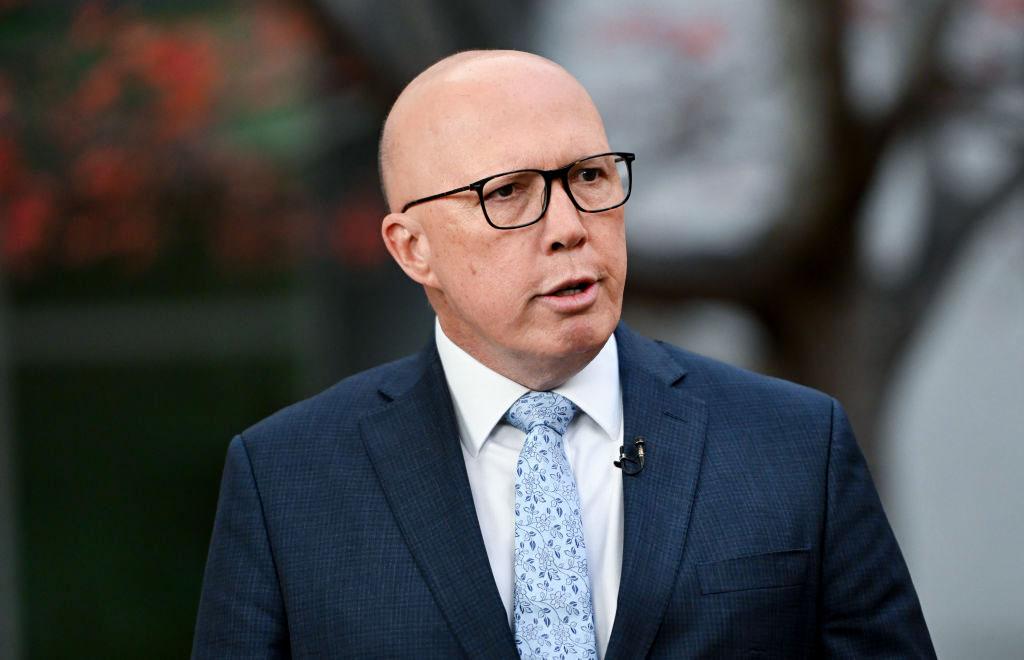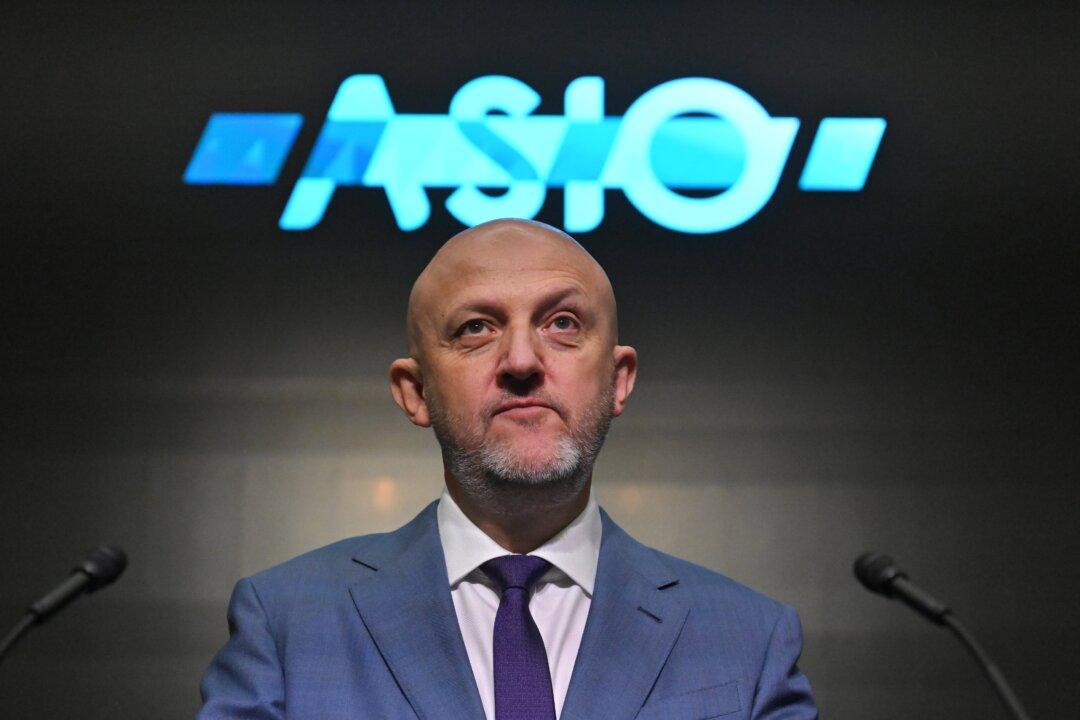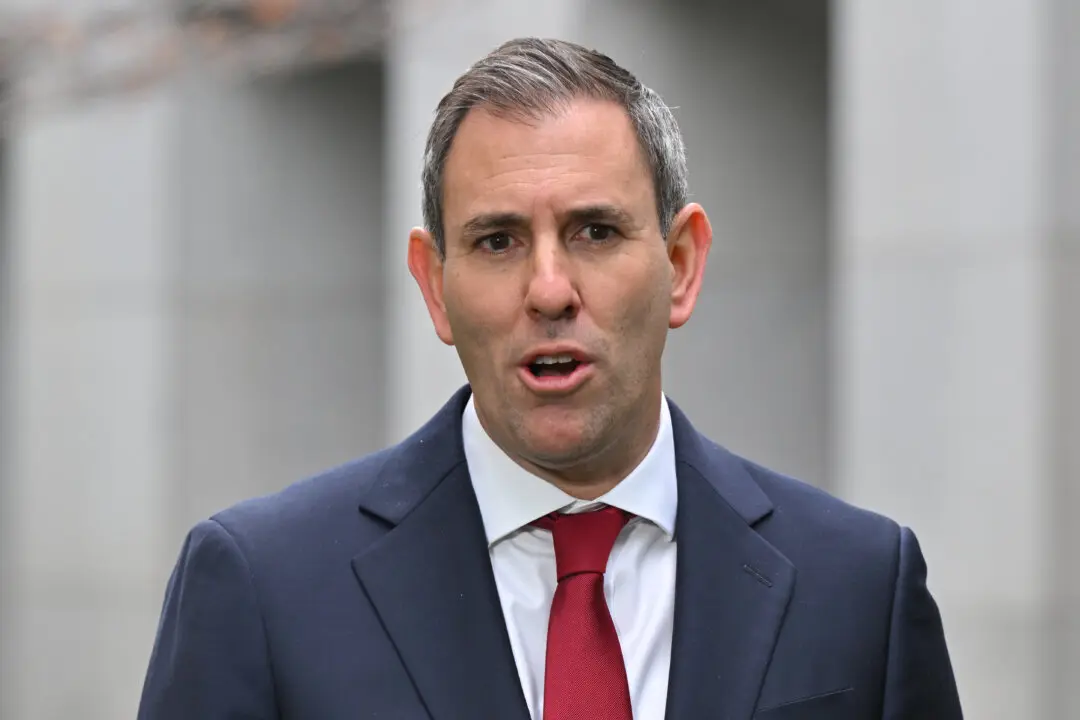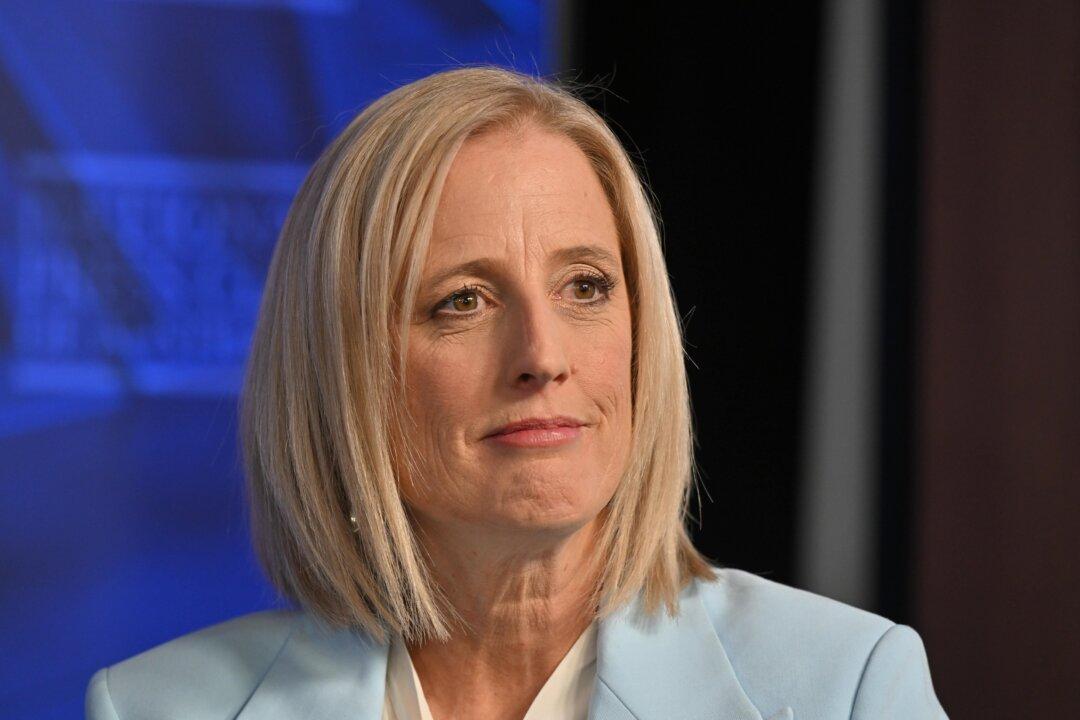Opposition Leader Peter Dutton has come under fire for allegedly promising to reinstate the controversial Significant Investor Visa, known as the “golden visa,” if elected later this year.
The visa, which allowed wealthy individuals to secure Australian residency through substantial investments, was scrapped in January 2024, with all applications closing by July 30, 2024.





